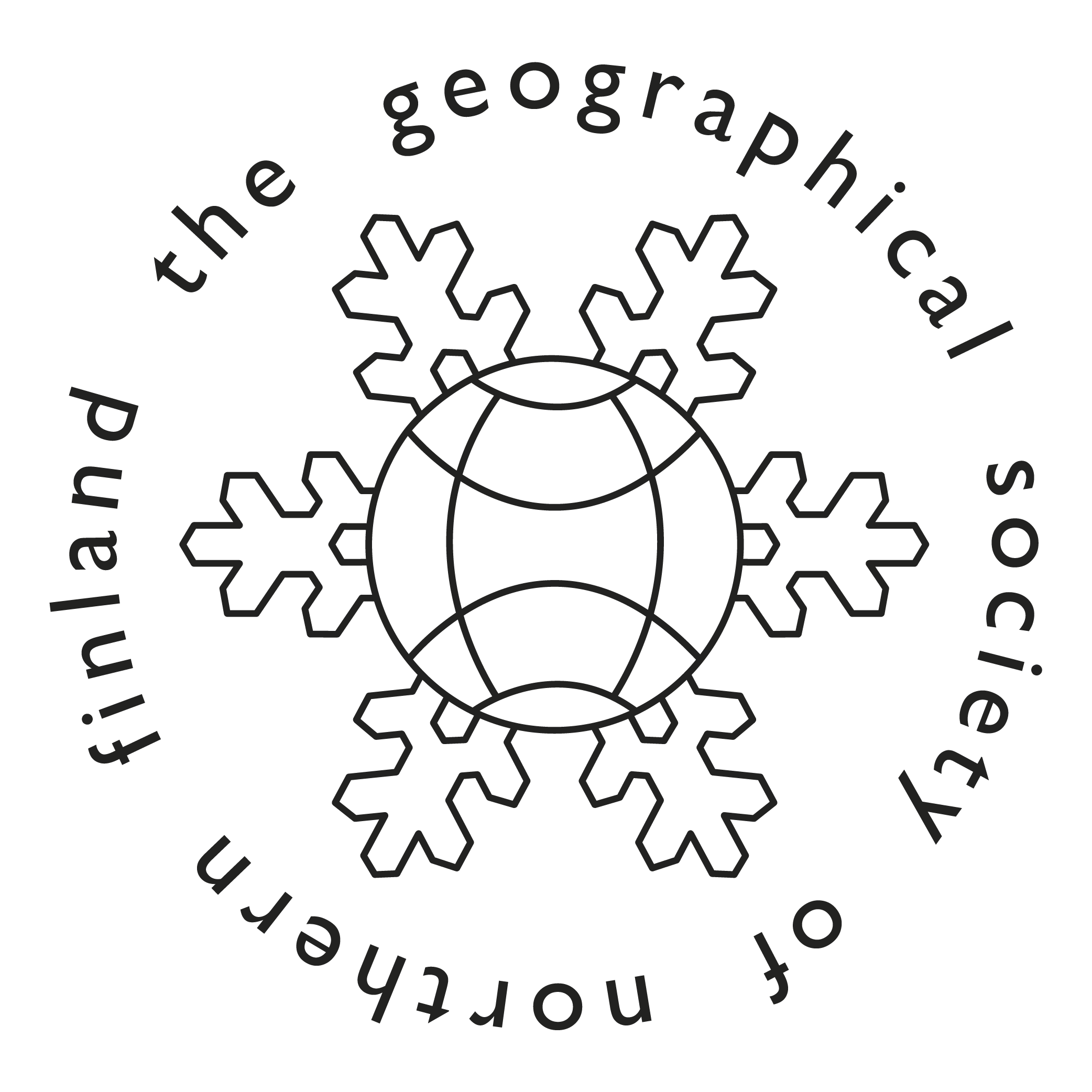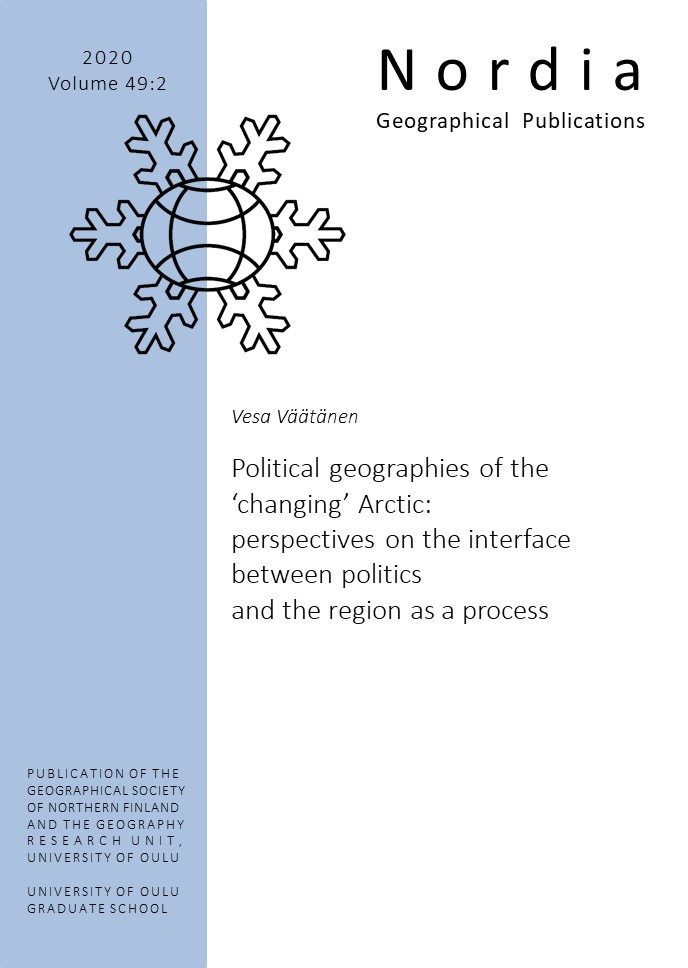Nordia Geographical Publications (NGP) is a non-profit peer-reviewed scientific journal published by the Geographical Society of Northern Finland and the Geography Research Unit at the University of Oulu.

The Geographical Society of Northern Finland also publishes the Nordia Tiedonantoja (NT) series. You can find the series here.






